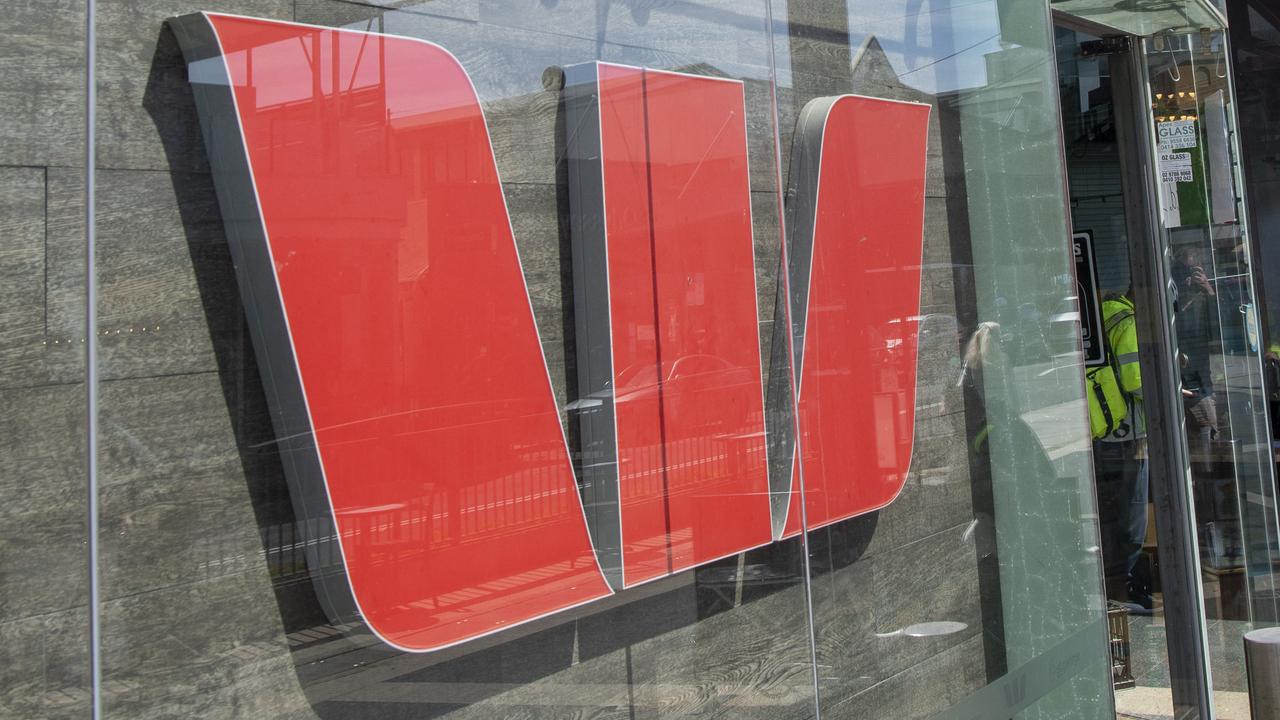The seven mortal sins of business to avoid
YOU might think you know the difference between right and wrong at work but the reality is far more complex. Beware of these seven deadly business sins that can happen every day.

EVERY day in business, you come across saints, sinners and sometimes a combination of both.
To be successful in your own career, it is essential to identify the difference between right and wrong and understand the consequences of every mistake you make.
Some misdoings have bigger ramifications than others, but the seven mortal sins are just as relevant and dangerous when placed in a corporate context — and if you break them, it can be just as deadly to your business as it is to your own afterlife.
PRIDE
For this sin, I will reference the holy book’s Proverbs 16:18 and remind you that ‘Pride comes before a fall’. A lesson drummed into many during their Sunday school days, this quote has never been more relevant, than in a business sense.

I have seen first-hand how pride can be the undoing of even the most intelligent and motivated business person through its ability to betray their decision-making abilities. The arrogance in believing you don’t require guidance or feedback can almost guarantee your own fall.
Very often in business, especially when you’re driving a start-up, you don’t have the support systems or mentors to provide guidance, so you need to be fairly certain that your final judgments are ones that will be beneficial to the growth of your company, or at the very least, not damage it.
Tip: Thou shalt be confident, but not cocky and be open to recognising personal weaknesses and taking advice from others.
GLUTTONY
This sin has a far worse fate than simply requiring a cherry picker to move your overweight body out of your apartment.
Gluttony is about taking on too much, too quickly, putting your business at risk from overexpanding and spreading your resources too thin. Ambition can quickly turn into gluttony and if you find yourself signed up for every board position, start-up or consulting gig and realising you don’t have the time or finances to commit, you’ve inevitably sinned.

In being gluttonous in your desire to move ahead, you risk severe burn out — and I’m not talking about the ‘I need to sunbake in Noosa this summer’ burnout, but rather the stultifying ‘I have gone bankrupt and is anyone looking to hire at the local supermarket?’ type burn out.
Tip: Thou shalt exert efforts in a sustainable way, rather than an ‘I want it all and I want it now’ approach.
LUST
Oh lust, the sin that has ruined so many lives and made even the most unseemly chief executives appear sexy.
Lust in business is a dangerous liaison. Much like the sin of envy, lust results in a complete inability to focus on an overall objective, blurring all but one of your senses and skewing your judgment calls.

Lust will try and persuade you that the ‘grass is greener’ with other suppliers, employees, services or products and this adultery can have disastrous impacts on your business. While analysis of your market and competition is always crucial, sometimes it’s necessary to maintain long-term relationships and have those horse blinders fixed on tightly.
Tip: Thou shalt practice monogamy with your own partner (your business is your partner in this context), ensuring the ongoing health of your company is your primary focus.
SLOTH
From a personal point of view, this is an inexcusable sin. If you don’t want the financial and day-to-day responsibility of being in charge of a business, go find work elsewhere. A business owner simply does not have the time to be lazy or indifferent.

Most entrepreneurs naturally lack this sin, because we are more likely to become greedy, lustful and proud — but don’t mistake a sloth-like attitude for being ‘laid back’. The sloth will let important time-sensitive decisions lapse, and has even been known to truant on certain meetings. This sin can cause a potentially viable business to crumble quickly and earn you a reputation for poor time management and negligence.
Tip: Thou shalt remember your business is at the mercy of your own activity and being stagnant or lazy is not an option.
WRATH
Running a business is a roller-coaster ride, there are ups and downs. One moment you’re celebrating your huge income and the next minute you’re hit with a massive unexpected bill and can’t be certain whether your business will survive.

This is not the time for the wrath that comes from fear or misplaced entitlement, and it’s not the time to angrily alienate everyone around you because the pressure is too much. Keep yourself in-check, remain calm and remember the eleventh hour.
Things can change overnight, for better or worse, which is part of the exciting anxiety-driven path of being in business. Getting angry and causing a scene doesn’t instil confidence in your peers, and quite frankly, leaves an impression that leading a business is not for you.
Tip: Thou shalt keep your cool — no one wants to work with a dragon
ENVY
There’s a fine line between watching your competitors while salivating at your own potential successes, and becoming absolutely bitter with envy.

We have all seen the woman who simply can’t handle someone else’s success or the man who openly mocks an up-and-comer because he feels threatened. While envy isn’t an attractive trait in any aspect of life, it is even more deadly when you realise it has the potential to completely stop your business from progressing.
If you become so blindsided and bitter by the successful practices of competitors, it’s only a matter of time before your own business starts to unravel.
Tip: Thou shalt be aware of your competition and aware of market barriers, but keep your key focus on bettering your own product and services.
GREED
It’s been long documented that greed has been the downfall of many high profile chief executives that were previously on the straight and narrow path to corporate success.
Greed clouds judgment, which means you start saying yes to things that you shouldn’t and you start ignoring some fairly straight forward ethical business practices.

Greed tends to be a common sin for people who aren’t confident in their own abilities in business, it‘s the manic desire to accumulate quickly rather than aim for a sustainable growth strategy, and it rarely ends well.
Not only does this sin have the potential to cause you to lose your company, your colleagues’ respect and your self-esteem, but it can also land you behind bars.
Tip: Though shalt not take more than what is fairly allocated, or more than what one has genuinely earned (aka pay your taxes mate).
Alexandra Tselios is a business consultant and publisher of The Big Smoke.



